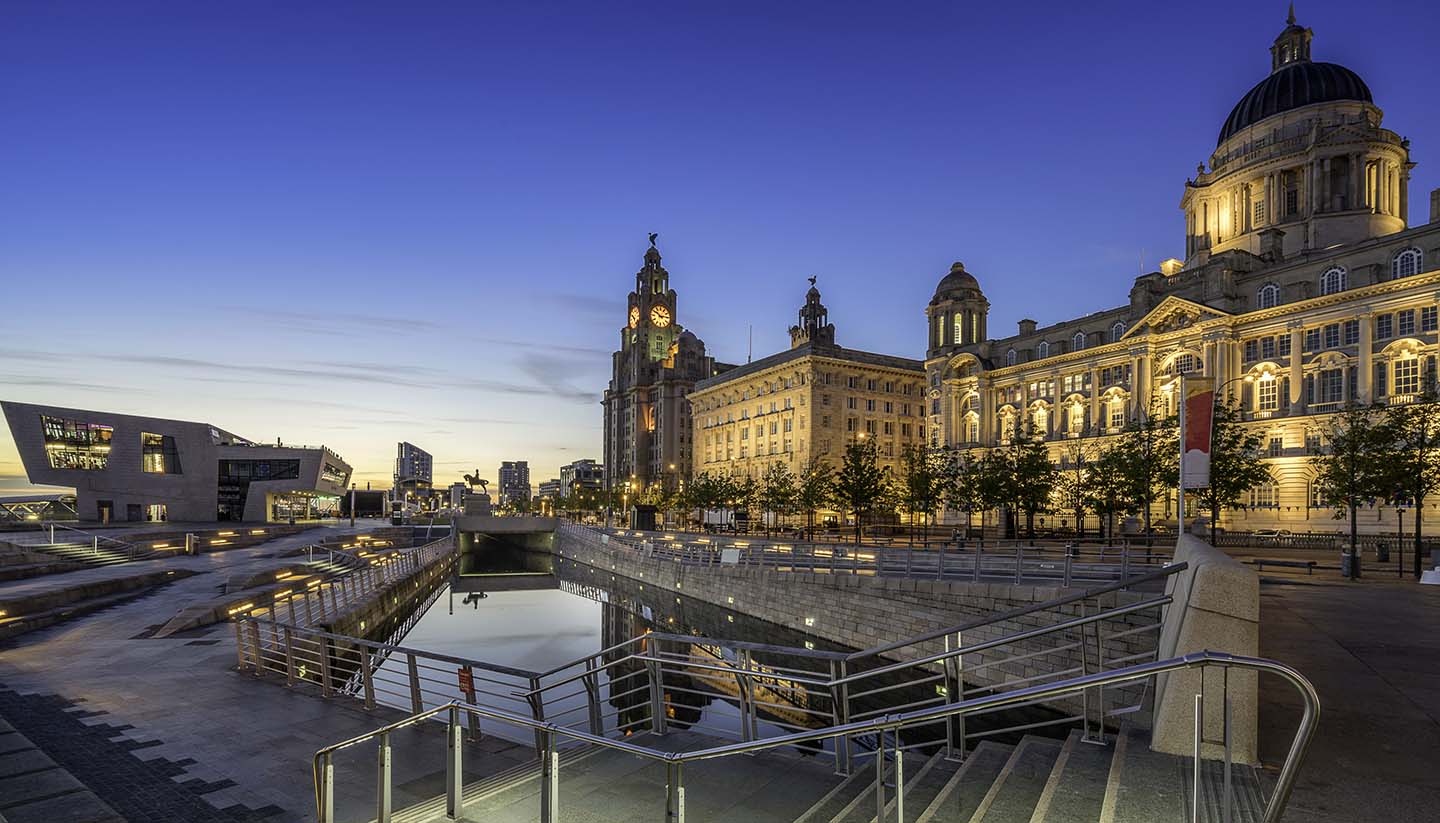Liverpool History
Liverpool started life as a small riverside village in the 13th century but its growth occurred when its port boomed during the 17th and 18th century via the slave and cotton trades. Profits from the slave trade helped the town to prosper despite the fact that prominent local men such as William Rathbone were at the forefront of the abolitionist movement.
By the early 19th century, 40% of the world's trade passed through Liverpool's docks. In 1830, Liverpool and Manchester were the first cities in the country to have an intercity rail link and in the following decade, the city’s population soared as a result of Irish immigrants escaping the Great Famine.
By 1851, one quarter of the population were Irish-born residents. Chinese immigration was also significant; Liverpool is home to the oldest Chinese community in Europe, numbering around 30,000. German, Greek, Nordic, Jewish and Polish communities also began to grow and make their mark on the city.
Many key landmarks were built during this period in the city's history. The famous Albert Dock was completed in 1846. In the early 20th century, the Royal Liver Building, the Cunard Building and the Port of Liverpool Building were all built, collectively becoming known as the ‘Three Graces’.
80 air raids on Merseyside killed 2,500 people and destroyed half of all buildings during the WWII. Significant rebuilding took place in the post war years, some of which was deeply unpopular.
The 1960s saw the ascent of The Beatles and other local bands, while the 1970s and 1980s were characterised by the decline of manufacturing industries and the docks, plus a spike in unemployment; the city was overlooked by successive governments.
By the end of the century, Liverpool had embarked on ambitious regeneration scheme. As a result, the docks today are a thriving area packed with key attractions including Tate Liverpool, The Beatles Story and the Maritime Museum. The development of Liverpool ONE, the remodelled city centre, is part of Liverpool's renaissance and opened in 2008 when the city became the first in England to be named European Capital of Culture.
Did you know?
• Liverpool and Everton football clubs have collectively won 27 league titles, making Liverpool the most successful football city in England.
• Liverpool has 10 listed parks and cemeteries, more than any other English city, bar London.
• The Titanic was registered in Liverpool, the city’s name adorning the ship.


